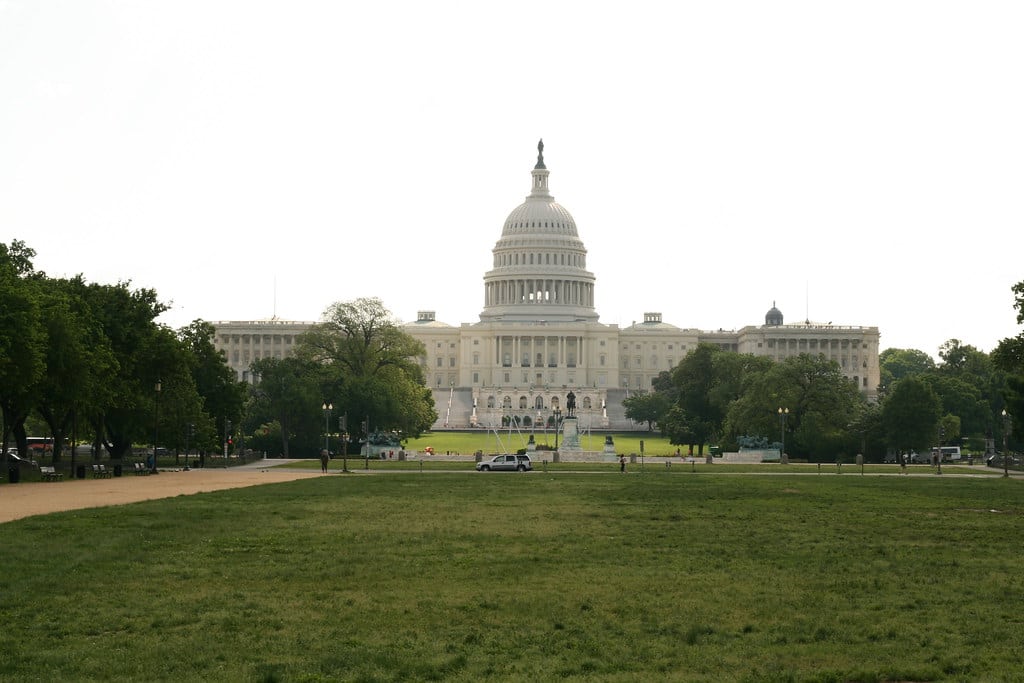Back in March 2020, Congress enacted the “CARES Act.” See news report here. The CARES Act was designed to ameliorate COVID-related economic hardships for individuals and businesses. One key component of the Act was the Paycheck Protection Plan (“PPP”). The PPP was intended to protect small businesses and their employees by providing loans through the Small Business Administration (“SBA”). PPP loans were limited to no more than $10 million and were only available for companies with fewer than 500 employees. If a PPP loan was used for eligible purposes, such as payroll-related costs, utilities and some other expenses, the loan was eligible for full or partial forgiveness.
Over the coming year or two, PPP loans should command heightened attention from those seeking to acquire or sell small businesses and should be a concern even if the transaction is structured as an asset purchase. Given the economic damage caused by the COVID-19 pandemic, we here at Revision Legal expect a significant number of small businesses to stop operating. This will generate a large uptick in business acquisition and asset purchases. If the target business received a PPP loan, some extra caution and extra due diligence will be needed. Here is why.
As noted, PPP loans are administered by the SBA. In general, if an SBA loan is involved, then SBA approval is needed if the relevant business is being sold and there is a “change in ownership.” This is similar to the type of approval needed with private lender financing.
SBA approval might also be needed for an asset purchase if substantially all of the assets are being sold and the business that obtained the PPP loan is expected to stop business operations. We say “might” because the SBA regulations are in flux (and have been since the CARES Act was passed). Interim regulations and guidance by the SBA earlier in the pandemic suggested that, for purposes of PPP loans, the SBA would not distinguish between a sale involving change of ownership and an asset purchase if substantially all the assets are sold. However, the SBA may have modified its approach. This is why an extra level of caution should be taken if the target business obtained a PPP loan. Note that, if it is needed, obtaining SBA approval is a lender responsibility. Thus, it may be wise to direct extra time and effort towards working with the lender to ensure timely approval (or to obtain a timely determination that no SBA approval is needed).
Note further that the larger the PPP loan, the more scrutiny the loan will receive from the SBA and other financial regulators. In particular, the SBA and the Treasury Department have signaled their intention to closely review all PPP loans greater than $2 million.
Fraud and deception related to use and to forgiveness of PPP loans are additional issues that should be explored during due diligence. As the New York Times noted here, sometimes the fraud will be easy to see such as the use of the PPP funds for diamond-encrusted Rolexs, gambling sprees, Lamborghinis, Escalades, and Rolls-Royces. Other fraud will be more difficult to ferret out.
Other due diligence items should include:
- Review of the PPP application and the borrower’s certification of need
- Consideration of whether the business obtaining the PPP loan was eligible and whether the amount received was proper and reasonable
- Review of records with respect to how the loan was used
- What amount (if any) of the PPP was forgiven
- Review of records with respect to whether the expenses paid for with the PPP loan were of the type that were eligible for forgiveness
- And more
Likewise, the Purchase Agreement should contain various additional representations and warranties to cover these issues. Successor liability issues should also be examined closely.
If you have questions or need legal assistance with buying or selling a business, contact the business lawyers at Revision Legal at 231-714-0100.




